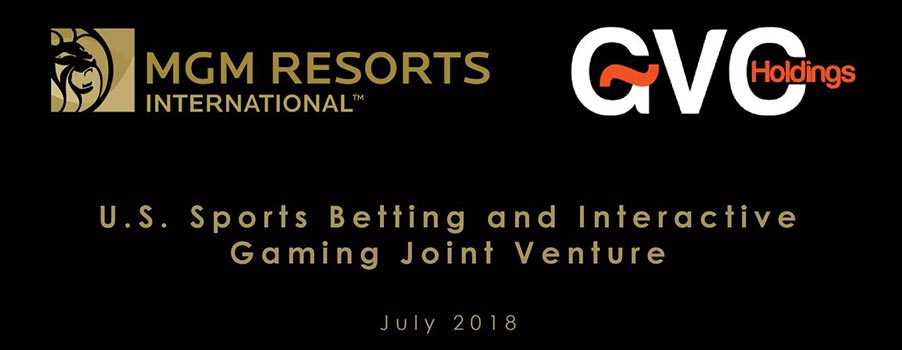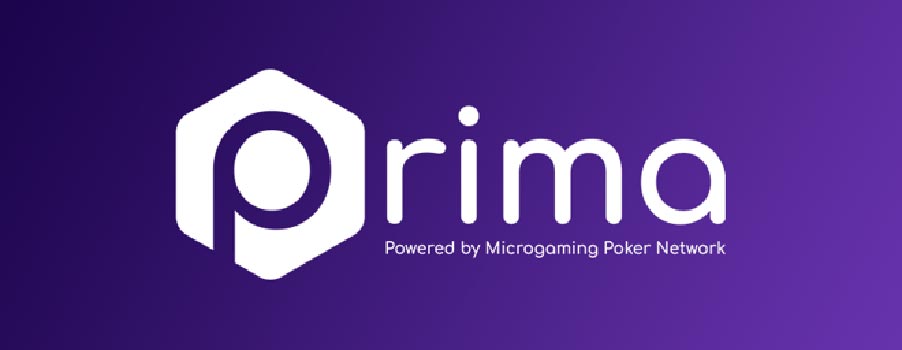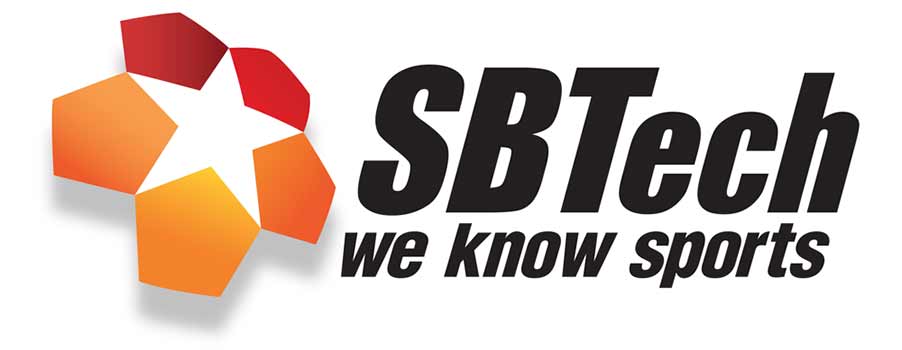It is nearly impossible to find an industry where a majority of the participants are wishing for the government to intervene, especially if it thrives off not being subject to influence by said governments. Well, according to a summary delivered by Mistertango, a crypto payment app, 88 percent of cryptocurrency exchanges want some kind of industry regulation introduced before something “potentially disastrous” occurs.
Yes, that is right. Contrary to popular belief, many of the major stakeholders of the crypto industry including a number of renowned exchanges believe that more regulation is necessary to ensure that the industry is safeguarded from volatility and manipulation.
Mistertango’s study involved 24 digital currency exchanges across Asia, South America, Europe, and Oceania, with 88 percent of the respondents expressing their desire for the introduction of more regulatory safeguards. They believe that the existing regulatory standards are not sufficient enough to safeguard against the illegitimate use of digital assets.
Fear of Being Squeezed Out of Operation
As reported by Mistertango, about a third of the cryptocurrency exchanges think that a major market crash is the biggest potential threat to the industry. While they did not elaborate on this, their responses to other questions asked during the survey pointed to their growing fear of being hounded out of the industry by regulated financial institutions.
To put this into perspective, 40 percent of the exchanges believe that reducing the barriers to crypto funding by banks and other regulated financial institutions will help in increasing general acceptance and subsequently, widespread adoption of cryptocurrencies. Majority of the exchanges believe that crypto trades should be subjected to Know Your Customer (KYC) and Anti-Money Laundering (AML) guidelines just as traditional financial institutions are.
“The industry is crying out for regulation and the response from partners has shown this,” said Gabrielius Bilkštys, business manager at Mistertango. “Uncertainty is the biggest fear, and regulation is critical to provide the stability we need. Unfortunately, there is no regulatory consensus – worldwide or otherwise. For cryptocurrencies to move towards the scale and ubiquity possessed by fiat currency, it needs cohesive, considered, and comprehensive regulation. Thus, regulation will be a catalyst, not an inhibitor to the crypto market’s development.”
Calls for Regulatory Reform
Even though calls for regulation of cryptocurrency exchanges are quite common, it is just now that news of stakeholders within the industry supporting such initiatives is arriving. In fact, many of them are beginning to take action. For instance, a number of Japanese crypto exchanges formed a self-regulatory body earlier this year in a bid to rebuild trust in the wake of the $350 million heist that involved Tokyo-based trading platform, Coincheck. Similarly, in South Korea, crypto exchanges have welcomed proposals for regulation of crypto trading by regulated financial institutions.
“It has been widely supposed that crypto companies want to avoid a regulated environment, but this is far from the truth,” Oleksandr Lutskevych, CEO of CEX.IO pointed out. “The industry is all too aware that regulation will lead to the maturity of the market and ensure businesses remain free from suspicion of involvement with illegitimate uses of cryptocurrency.”










